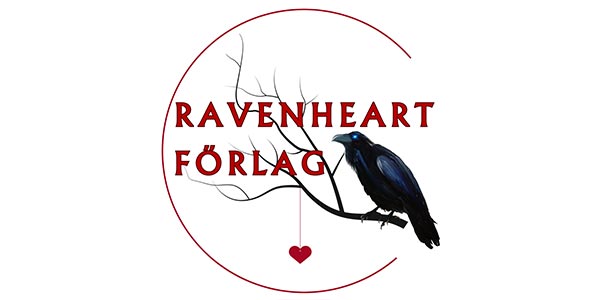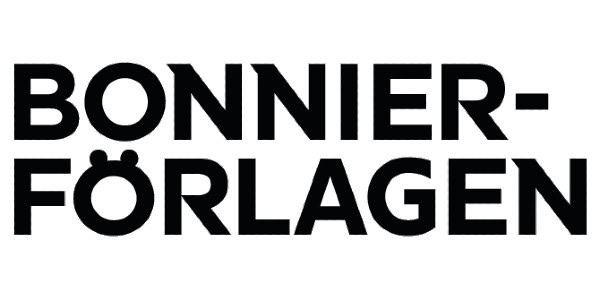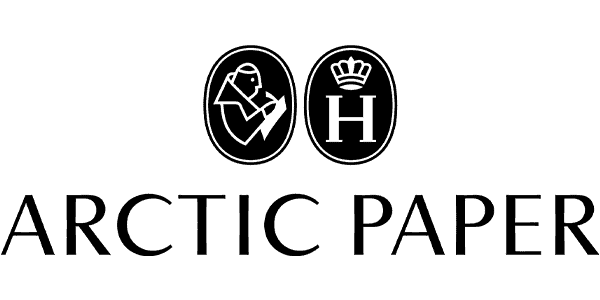
Deadly harvest - the intimate relationship between our health and our food

| Författare | |
|---|---|
| Förlag | Square One Publishing |
| Format | Häftad |
| Språk | Engelska |
| Antal sidor | 336 |
| Vikt | 650 gr |
| Utgiven | 2007-03-05 |
| ISBN | 9780757001420 |
With a record number of overweight people and an alarming increase in degenerative diseases, many of us find ourselves turning to medicines or fad diets in an effort to drop excess pounds or recover our health. Since most drugs come with dangerous side effects, modifying our diet would seem relatively safe and simple. But what if our foods were doing more harm than good and fad diets only made matters worse? DEADLY HARVEST is a groundbreaking book that carefully examines how the foods we eat today have little in common with the foods of our ancestors and why this fact is so important to our health. It, also, offers a proven programme to enhance health, combat illness and improve longevity. Author, Geoff Bond, is a nutritional anthropologist who has for years investigated both foods of the past and our prehistoric eating habits. Using the latest scientific research and studies of primitive tribal lifestyles, Bond first explains the actual diet that our ancestors followed - a diet that was and still is in harmony with the human species. He then describes how the foods in today's diets disrupt our biochemistry and digestive system, leading to health disorders such as allergies, arthritis, cancer, diabetes, heart disease, osteoporosis, obesity and more. Most important, he explains the appropriate measures we can take to avoid these diseases - and even beat them back - through healthy eating. Contrary to what many people believe, the disorders that plague our society are not inevitable, but are the unfortunate result of modern dietary choices. DEADLY HARVEST not only explains why these problems have arisen, but offers a blueprint for improving our diet, our health and our quality of life.























